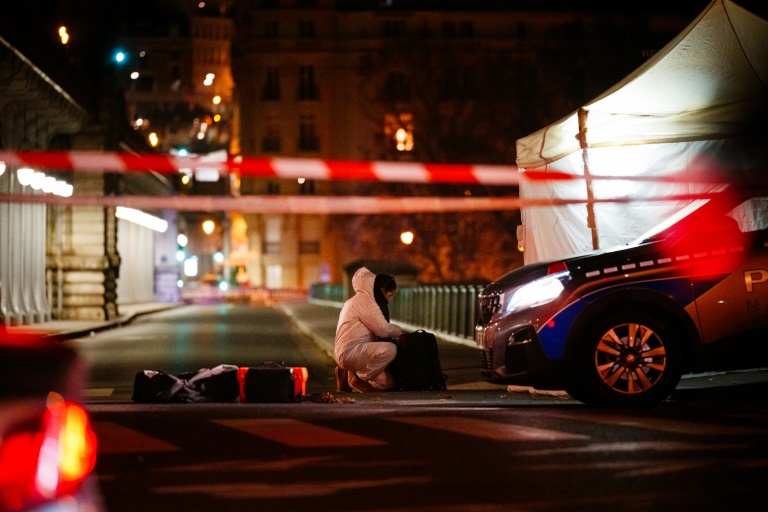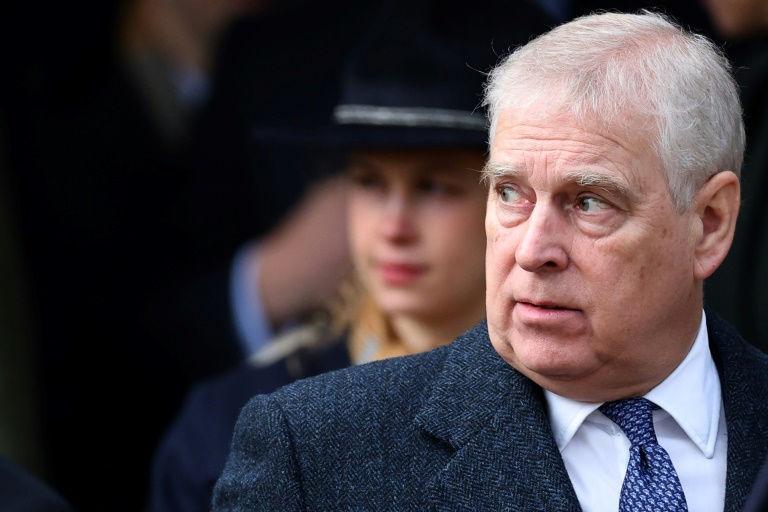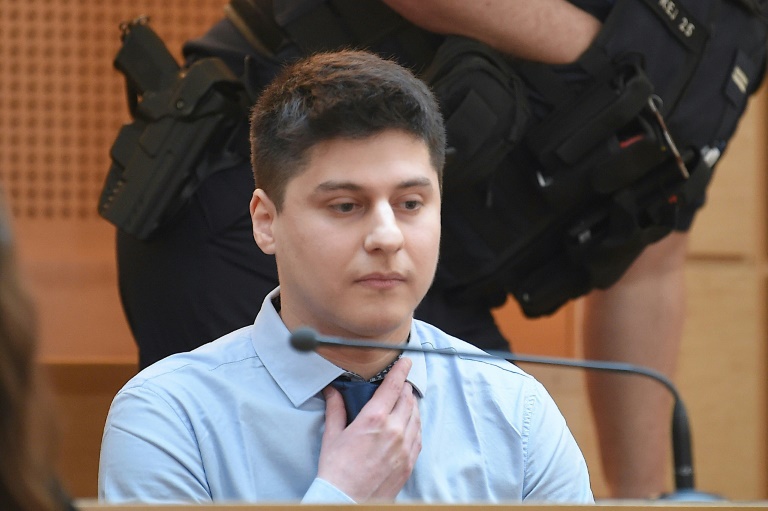There was a clear failure in the psychiatric care of the radicalised Islamist suffering from mental troubles who stabbed a German tourist to death in central Paris at the weekend before being arrested, France’s interior minister said Monday.
The attack close to the Eiffel Tower has increased concerns in France over the risk of Islamist attacks, particularly with the French capital now barely half a year away from hosting the 2024 summer Olympic Games.
The attacker was a Frenchman in his mid-20s born to a non-religious Iranian family but who had already done prison time for planning an attack and was known to the authorities as an Islamist radical with mental troubles.
“There was clearly a failure, not from the point of view of his monitoring by the intelligence services, but a psychiatric failure,” Interior Minister Gerald Darmanin told BFM TV, adding that the attacker had an “acute mental illness”.
“Doctors said on several occasions that he was doing better, was more normal and could be free,” he said.
Armand Rajabpour-Miyandoab, a French national born in 1997, killed a 23-year-old German-Filipino man with two blows from a hammer and four stab wounds from a knife on Saturday evening close to the Eiffel Tower.
Questioned in custody, he “fully accepts and takes responsibility for his actions” and “everything suggests that he acted alone”, a source close to the investigation, who asked not to be named, told AFP.
He claimed to have acted in “response to the persecution of Muslims around the world” while appearing “very cold and clinical”, the source added.
The investigation is being handled by French anti-terror prosecutors who have opened a probe into a suspected “terrorist” plot.
France’s top anti-terror prosecutor Jean-Francois Ricard said Sunday that the man’s mother had reported concerns about him as recently as October, but that there was insufficient proof at the time to take legal action.
He had already been arrested in 2016 for planning an attack, eventually serving four years in prison, and had been under close watch following his release.
Darmanin said the attacker’s mother had warned police that her son was no longer taking his medication and that intelligence services had suggested he should be hospitalised. But she did not want that and then reported he was doing better.
He said regional authorities currently did not have the power to issue an administrative order for such an individual to undergo psychiatric treatment, and “this has to change”.
Rajabpour-Miyandoab had been radicalised through contacts on the Internet rather than meeting people at a mosque, Darmanin said, adding that the attacker had also been in touch with perpetrators of similar past attacks.
These contacts included a radicalised Islamist from Russia’s northern Caucasus region and future killer of teacher Samuel Paty, beheaded outside his school near Paris in 2020.
“Terrorism is changing and exploiting the weaknesses of our system,” Darmanin said.
Four people — the attacker and three other people from his family and close circle — were still in custody on Monday morning, a source close to anti-terrorism prosecutors told AFP.
The attack late Saturday came as France is at its highest alert level against the background of the war between Israel and the Palestinian militant group Hamas, and following the killing of a teacher in a school by a radicalised Islamist in October.
Shouting “Allahu Akbar” (“God is greatest”), Rajabpour-Miyandoab fled over the Bir Hakeim bridge across the river Seine after a taxi driver intervened.
Meeting a police patrol on the other side, he claimed to be wearing an explosive belt before running again, striking two passers-by — a 66-year-old British citizen and a 60-year-old French person — with a hammer.
He was finally stopped with two shots from a stun gun and taken into custody.
Ricard said Rajabpour-Miyandoab had posted a video on social media where he swore allegiance to the Islamic State group and expressed his support for jihadists.
The attack has amplified security concerns over the Olympics, due to begin with an unprecedented opening ceremony on the Seine, which experts see as a potential vulnerable target for an attack.
But Sports Minister Amelie Oudea-Castera said there was no plan to scrap the idea, while indicating that the river ceremony could be adapted.
“There is no plan B, we have a plan A within which we have several alternatives,” she told France Inter radio.







